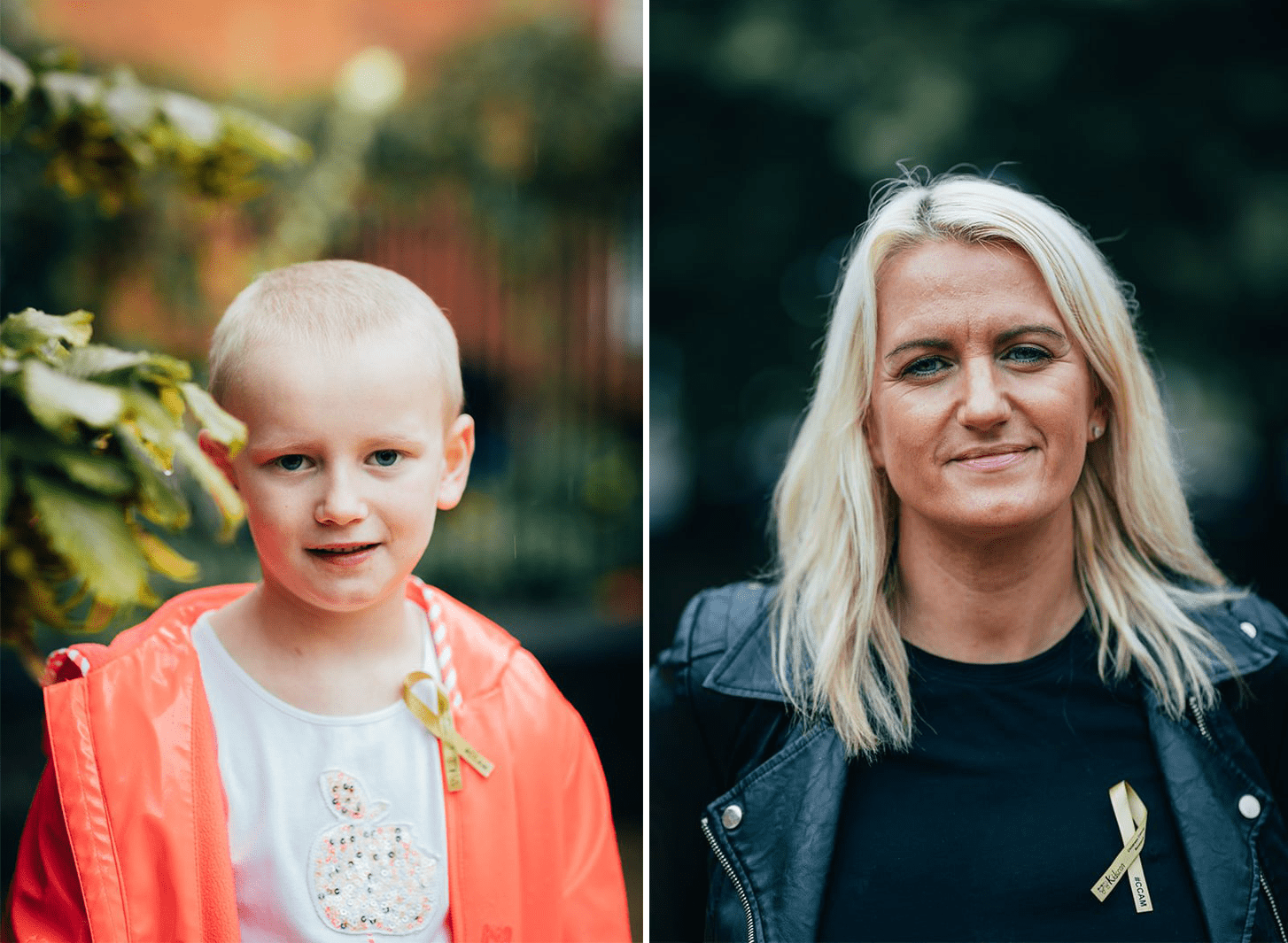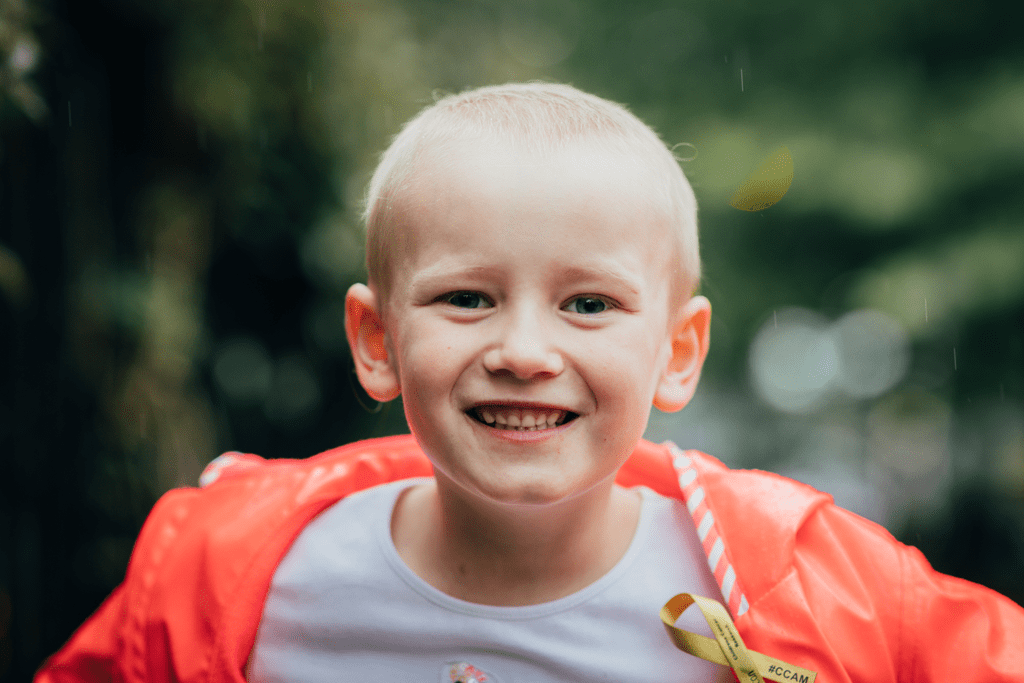JOSH'S STORY
In February of 2021, Josh’s parents noticed he was getting very pale. What was originally thought to...
Read MoreSurvivors of childhood cancer, many still children themselves, face particular challenges as coronavirus spreads through the general population. As UK schools prepare to close and people continue to panic buy, we take a look at why those affected by childhood cancer are concerned.
What is Coronavirus?
Coronaviruses are a family of viruses that cause illnesses in humans from the common cold to more serious conditions. Covid-19 is a new strain of coronavirus, which can affect the lungs and airways. As it stands there are currently no specific treatments and those affected are advised to self-isolate until the virus has passed.
How do we combat coronavirus?
Coronavirus is a virus, and so it cannot be treated with antibiotics and there is currently no vaccine. This means we rely on our bodies immune system to fight the virus.
In our immune system, white blood cells are the body’s foot soldiers. They are created in bone marrow and when our bodies are infected by a virus, they spring into action, attacking the virus to kill it.
How does this relate to childhood cancer?
There are many reasons that a parent of a child diagnosed with cancer may be concerned. These concerns will differ depending on the type of cancer the child is diagnosed with, the type of treatments used to treat the cancer and the stage of treatment a child is at.
Why does the type of cancer matter?
Two of the most common cancers to affect children are Lymphoma or Leukaemia. These are cancers that can both affect the body’s immune (or lymphatic) system. When children get leukaemia, their blood can either generate too many white blood cells or too few, reducing their ability to fight infection. This makes children with these cancers particularly susceptible to viruses.
And it’s not just the cancer itself that can cause issues, but also the additional treatments children require to fight the cancer.
For children diagnosed with Leukaemia, a bone marrow transplant may be required, during which their immune systems are effectively “turned off”. Children must stay in quarantine for a period of time after their transplant as this makes them susceptible to viruses.
For children whose cancers affect organs such as the liver, a transplant may be required. For a child to accept a transplant they must be administered immunosuppressant drugs (or anti-rejection drugs) which are designed to lower the immune system, again increasing their risk of infection.

“Last week I was so anxious and very concerned about this coronavirus and the effects on Isla. I was told that because Isla is 6 months over her treatment, that her immune System will be back to normal but I was still very worried. I know some parents who’s children had treatment over 3 years ago who took children out of school early because of late-effects” Jill Reves, Isla’s Mum
What about the treatments?
For those undergoing cancer treatments, chemotherapy is often the first choice of drug. Chemotherapy is designed to attack rapidly dividing cells, so as well as the cancer (which is made up of rapidly dividing cells), chemotherapy can damage other healthy cells within the body that are also dividing. These healthy cells include those in the immune system, such as the white blood cells, which makes those receiving treatment particularly susceptible to infection.
What about the stage of treatment?
Once chemotherapy treatments are finished it can also take a while for children to build up a strong army of white blood cells to fight infection – this period is called nadir and can last up to 14 days after treatment.
However, chemotherapy, when given to children, can cause damage to other parts of their body, leading to late effects such as reduced lung capacity, fatigue and more. These effects result in further risk to infection, either from the treatments used to manage the late effects or late effects themselves.

“Parents who have children currently undergoing treatment are very concerned with regards to the supplies of hand sanitiser and other necessary items. They worry that when they go home they won’t be able to have visitors including family members who keep children’s moral up, because of the risk of infection”. Jill Isla’s Mum
What support can I get if a loved one is affected?
There are many charities that offer support around childhood cancer including Macmillan and Teenage Cancer Trust. But a great source of information surrounding Coronavirus itself is the government website.
In February of 2021, Josh’s parents noticed he was getting very pale. What was originally thought to...
Read MoreWhat a whopper of a night - Friday 20th May, our ambassador Isla's mum Jill and family hosted...
Read MoreWe want to say a huge thank you to Lee Mossop, former Captain of RFL Salford Red...
Read More